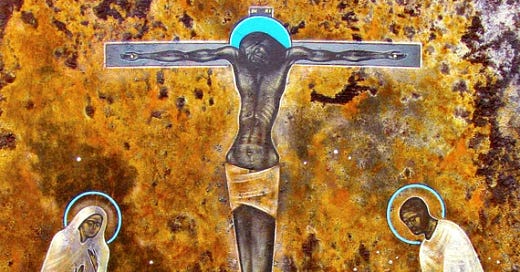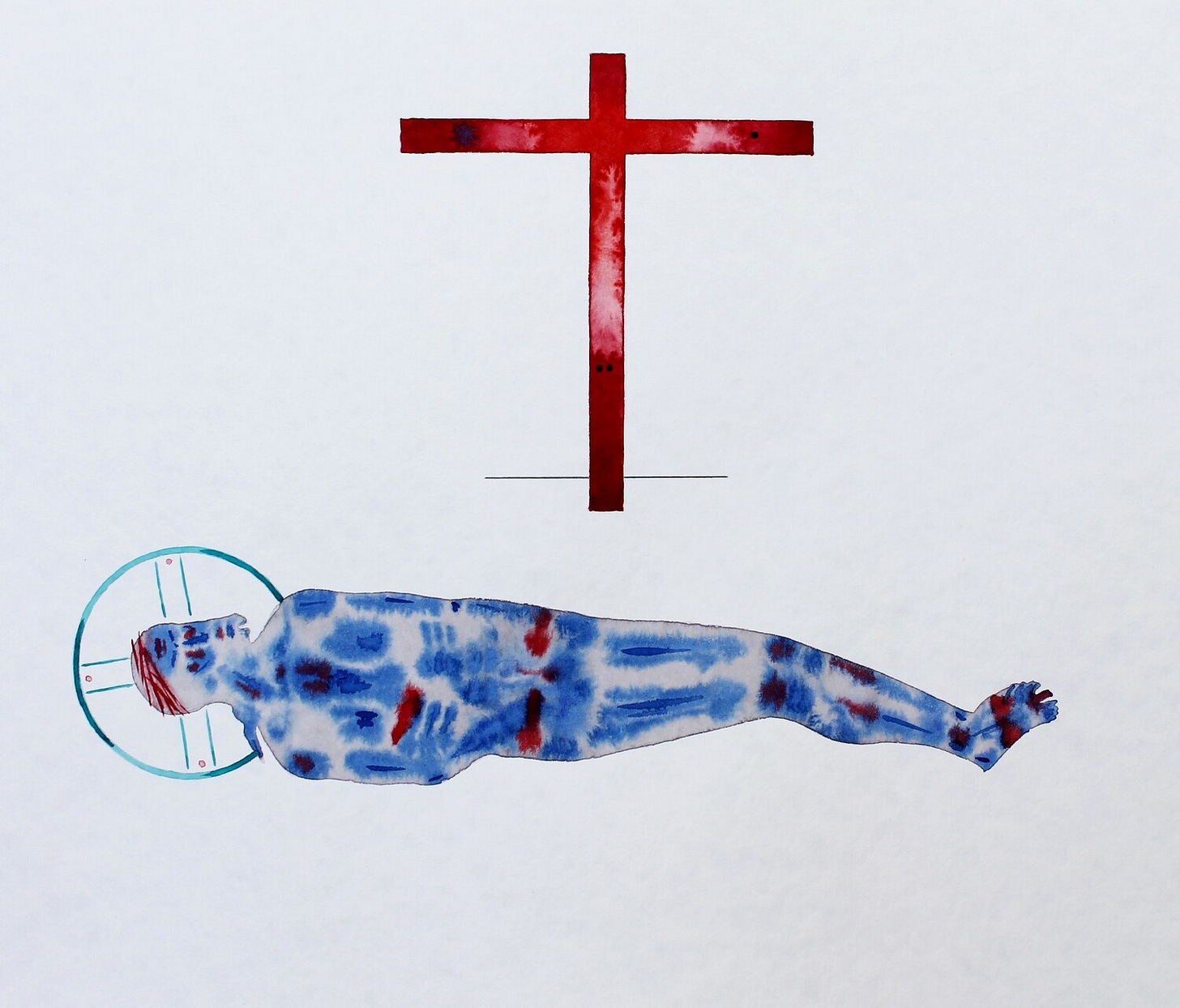Is the Cross a Penultimate Good?
Our confession of a good Creator is and will remain a great “nevertheless,” a defiance of what we would otherwise conclude
In my sermon this Sunday, I lifted up the promise, especially prominent in the epistles, that the purpose and end of creation is incarnation, for Christ to be all in all things.
If incarnation actualized throughout creation is its ultimate good, is crucifixion a penultimate good?
In confessing the true God to be the “creator of heaven and earth,” the dogma of the church makes a claim about the present as much as the past. As I’ve written before, the Book of Genesis makes the world’s dependence on God be independent of the difference between one moment of created time and another. God now commands everything in existence to exist. This means that what God creates is not a thing— a cosmos— but a history. God does not create a world that thereupon has a history. He creates a history that is a world, in that it is purposive and so makes a whole.
The cross is a part of the history which God creates.
Is it history’s purpose?
If creation is good and if its purposive good is Jesus’s Resurrection, then this implies that the Crucifixion is also a penultimate good. Likewise, if the cross of Christ is for sin, then, as conceptually and morally unimaginable as it might be, it appears that creation’s fallenness, its sin and evil, is also an intermediate good.
Keep reading with a 7-day free trial
Subscribe to Tamed Cynic to keep reading this post and get 7 days of free access to the full post archives.





